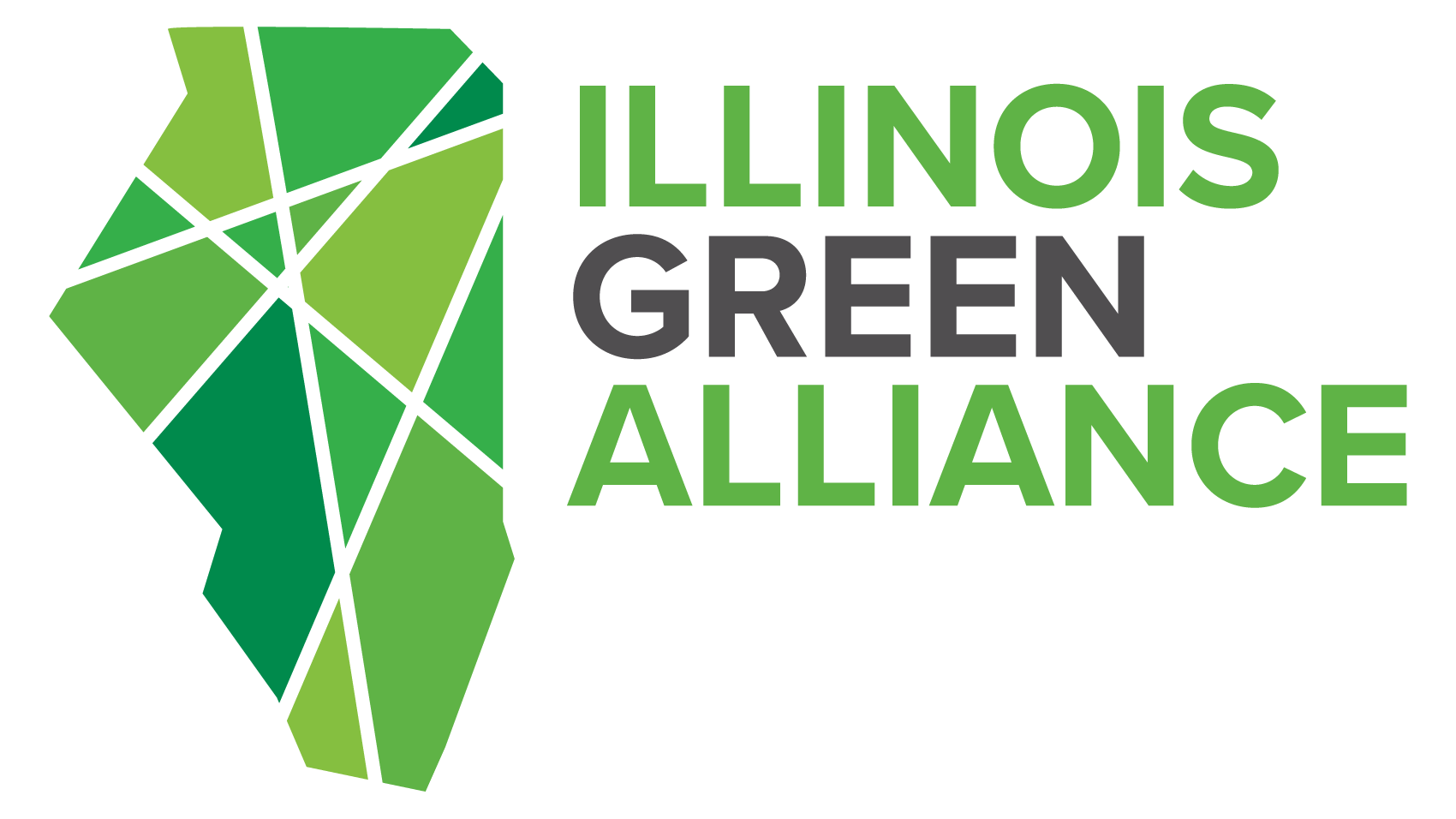Illinois Green Schools Project
Compiled National Resources
We've compiled useful resources to help schools plan for climate action, take advantage of local and national opportunities, and utilize sustainability project ideas and guides.
Admin Resources
Public schools in Comed service areas can receive a free, non-interruptive assessment including an inspection of their building envelope and mechanical insulation and a report including estimated costs needed for electrification, the building’s solar energy potential, and opportunities to save energy and reduce costs.
Public schools in Ameren service areas can receive a free, comprehensive assessment and report that will assist schools in their district to identify measures which will move school districts toward carbon-free energy use by 2030.
EPA’s free online ENERGY STAR Portfolio Manager® tool is the industry standard for measuring and tracking energy performance within commercial buildings. Nearly 25% of U.S. commercial building space is already actively benchmarking in Portfolio Manager, making it the industry-leading benchmarking tool.
Building Operator Certification® (BOC) is a nationally recognized training and certification program focusing on energy efficient building operations and preventative maintenance procedures. Facilities with BOC graduates are proven to save energy, have lower energy bills, and offer improved comfort for occupants. customers of Ameren Illinois, ComEd, Nicor Gas, North Shore Gas and Peoples Gas may be eligible for FULL tuition reimbursement upon successful completion of training.
The Decarbonization Roadmap Guide is written for those interested in healthy, efficient, carbon neutral school design, construction and operation. It outlines achievable goals that result in healthy, affordable, all-electric facilities, and explains common actions taken by leading districts to operationalize their carbon neutral ambitions. The guide links to resources and templates that can be customized locally.
The Green Strides School Sustainability Resource Hub offers access to free resources and webinars aligned with the three Pillars of the U.S. Department of Education Green Ribbon Schools (ED-GRS) recognition award.
Seven Generations Ahead shares waste material processing guides designed to help Chicago Public Schools comply with district and city guidelines for processing compost, recycling, and landfill waste.
USGBC's Center for Green Schools has been the driving force behind the green schools movement by leading a wide array of initiatives, including in communications, advocacy, network-building, training, and the development of tools and platforms through which to accelerate action.
Educators as Advocates
Utilize this free toolkit to develop and present a resolution to your school board that commits your school district to addressing any number of sustainability topics including: teaching climate change and climate solutions, ditching disposable/single-use plastics, incorporating sustainable solutions to purchasing and planning protocols, and more.
Lead a campaign to inspire your school to switch to reusable cafeteria foodware. This free, comprehensive toolkit guides an educator through the process of recruiting partners and crafting a compelling behavior campaign. Find case studies, example projects, and more.
Encourage your school board to deepen their impact by promoting a variety of actions that mitigate climate change and improve the welfare of children. Find examples of measures that other school districts have already adopted.
Funding & Recognition Resources
Earn up to $2000 for the development of wildlife habitat at your school! Projects must emphasize student/youth involvement with planning, development and maintenance and increase the educational and wildlife habitat values of the site.
Application Deadline: December 4, 2024
Encourage your students with an existing environmental stewardship project or an idea for a project to apply so that their achievements can be further recognized. PEYA applicants compete in two award categories — Grades K-5 and Grades 6-12. Each award-winning project will receive a Presidential plaque.
Recognizes outstanding K-12 teachers employing innovative approaches to environmental education and use the environment as a context for learning. Up to two teachers from each of EPA's 10 regions, from different states, will be selected to receive this award. Awardees will receive a Presidential award plaque and an award of up to $2,500 to be used to further the recipient's professional development in environmental education. The awardee's local education agency will also receive an award of up to $2,500 to fund environmental educational activities and programs.
To date, the School Construction Grant Program has benefited 497 school districts in every region of the state and provided over $3.1 billion in state funds for building and renovating local public schools.
These place-based investments will be focused on community-driven initiatives to be responsive to community and stakeholder input. They are designed to deliver on the transformative potential of the IRA for communities most adversely and disproportionately impacted by climate change, legacy pollution, and historical disinvestments.
Student Engagement Resources & Lesson Plans
The Illinois Climate Education Hub is a free, one-stop website designed to support educators in bringing climate and sustainability topics into their classrooms with confidence. You do not need to be a climate expert. The Hub offers trusted, high-quality resources that are easy to integrate into existing instruction. All grades, all subjects, all students.
STEM-based lessons to introduce students to challenges and opportunities surrounding seven distinct eco-themes and engages youth in developing real-world solutions in their communities through project-based activities, design labs, and campus Eco-Audits. EcoRise teachers also receive access to Design Studio Curriculum which guides students through a creative problem-solving process as they invent innovative solutions to a specific sustainability challenge.
Build your confidence so that you can teach about climate change! This free toolkit can support you as a back-pocket resource for planning lessons.
Illinois EPA and UIUC’s Office for Mathematics, Science, and Technology Education (MSTE) have developed a new science curricula for upper elementary and middle school educators. The units are free and available online to teachers and parents. They follow a storyline model that is driven by student questions. The units are aligned to Next Generation Science Standards (NGSS) for formal classroom use.
Schools across the country produce approximately 39.2 pounds of food waste and 19.4 cartons of milk waste on average per student each year. Utilize this collection of step-by-step guides, printable signage, and free resources from Seven Generations Ahead to tackle food waste at your school.
Explore lesson plans, resources, and professional learning opportunities; created by teachers, for every subject.

